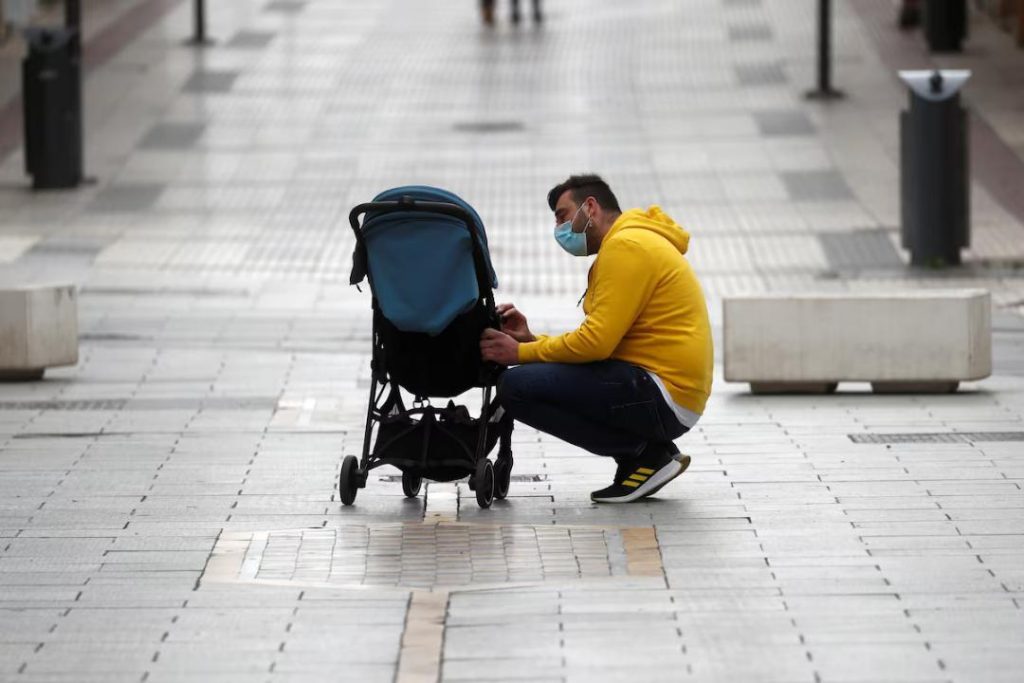
Spain to Offer 17 Weeks of Parental Leave to Both Mothers and Fathers
In a move towards greater gender equality and a more balanced work-life blend, Spain has announced plans to extend its parental leave policy to 17 weeks, with both mothers and fathers eligible for fully-paid leave after the birth of a child. This significant expansion of one of Europe’s most generous parental leave policies is a major step forward in promoting a more equal sharing of childcare responsibilities and challenging traditional gender roles.
The new policy, which was announced on July 29, 2025, will provide parents with an additional week of paid leave, bringing the total amount of leave to 17 weeks. This means that both mothers and fathers will be able to take time off work to care for their newborn child, without having to worry about the financial implications.
Spain and Finland are the only two EU countries that currently offer equal, fully-paid birth leave to both parents. This new policy is a significant step forward for Spain, which has been working to promote greater gender equality and challenge traditional gender roles.
The decision to extend parental leave was welcomed by the Spanish government, which sees it as a key part of its efforts to promote gender equality and challenge traditional gender roles. “Spain is moving towards feminism…and there’d be no turning back,” said a minister, highlighting the significance of this policy change.
The new policy is expected to have a number of positive effects, including:
- Encouraging greater sharing of childcare responsibilities between parents
- Promoting gender equality and challenging traditional gender roles
- Supporting working parents and helping them to balance their work and family responsibilities
- Improving the health and wellbeing of both parents and children
The policy change is also expected to have a positive impact on the economy, as it will help to reduce the number of women who leave the workforce after having a child. This is a significant issue in Spain, where many women struggle to balance their work and family responsibilities, leading to a significant decrease in the number of women in the workforce.
The new policy is also expected to have a positive impact on the education and development of children. Research has shown that children who have a more equal sharing of childcare responsibilities tend to do better in school and have better social and emotional development.
In addition to the positive effects on families and children, the policy change is also expected to have a positive impact on the economy. A study by the International Labour Organization found that every dollar invested in childcare can generate a return of up to three times that amount in terms of economic benefits. This means that the new policy could generate significant economic benefits for Spain, as it will help to reduce the number of women who leave the workforce and increase the number of women who are able to participate in the economy.
The policy change is also expected to have a positive impact on the environment. With more parents staying at home to care for their children, there will be a reduction in the number of children who are left in the care of others, such as daycare centers or babysitters. This will help to reduce the environmental impact of childcare, as well as the cost and stress associated with finding childcare.
In conclusion, Spain’s decision to extend its parental leave policy to 17 weeks, with both mothers and fathers eligible for fully-paid leave, is a significant step forward in promoting greater gender equality and challenging traditional gender roles. The policy change is expected to have a number of positive effects, including encouraging greater sharing of childcare responsibilities, promoting gender equality, supporting working parents, and improving the health and wellbeing of both parents and children.



